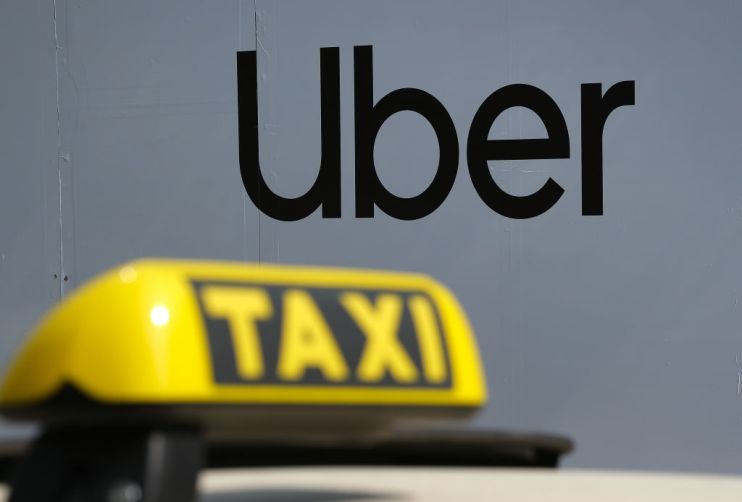Uber banned in Germany as bumpy ride continues into 2020

A German court banned Uber from operating its ride-hailing services in Germany today for lacking the licence necessary to offer transport services using rental cars.
Uber is active in seven German cities and works exclusively with car rental companies and their drivers. It can appeal to a higher court and will continue to drive in Germany for the time being.
Read more: Uber launches appeal over TfL London ban
“We will assess the court’s ruling and determine next steps to ensure our services in Germany continue,” the company said.
Uber will change the way it operates in Europe’s largest economy and is considering taking legal action against the ruling.
Taxi Deutschland, a national taxi provider in Germany, brought the case and said it would seek immediate provisional enforcement.
“We are happy that we were right today. Once again it was judicially determined that the same law applies to small and large companies. Uber has no authorisation for passenger transportation in Germany,” the cooperative said.
The presiding judge said: “From a passenger’s point of view, Uber provides the service itself and is therefore an entrepreneur.”
Uber has been unable to match customers with drivers using their own cars in Germany since 2015.
This is the latest in a series of unfortunate events for the ride-sharing app.
Last month Uber lost its licence to operate in London after Transport for London (TfL) identified a “pattern of failures” by the company were putting customers at risk.
Authorities found that more than 14,000 trips were taken with drivers who had faked their identity on the firm’s app.
Jamie Heywood, Regional General Manager for Northern & Eastern Europe, Uber said: “We are appealing TfL’s decision. Safety is our top priority which is why we have robust systems and processes in place.”
Speaking on the driver identification issue, Heywood said: “We uncovered this issue, we raised this with TfL and put in place an effective fix.”
Read more: Sadiq Khan digs in against brash and aggressive Uber
In a statement last month, TfL said: “Despite addressing some of these issues, TfL does not have confidence that similar issues will not reoccur in the future, which has led it to conclude that the company is not fit and proper at this time.”
This came after California ruled in September that Uber has to consider drivers employees rather than contractors, meaning it must meet the minimum wage and provide sick pay.